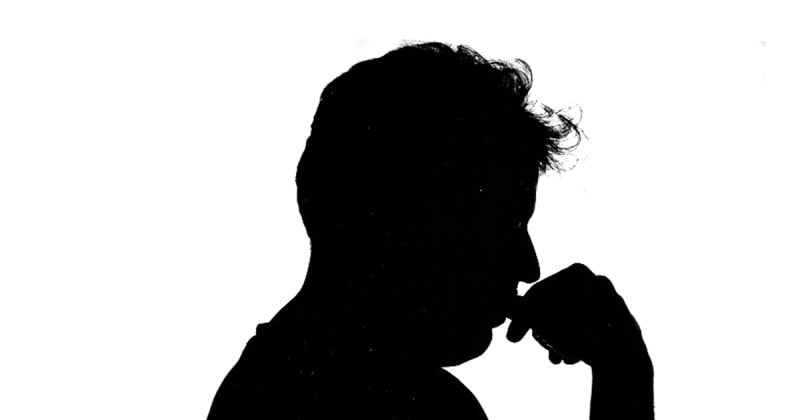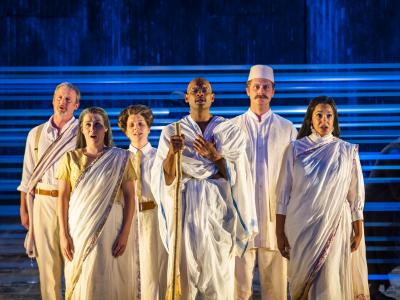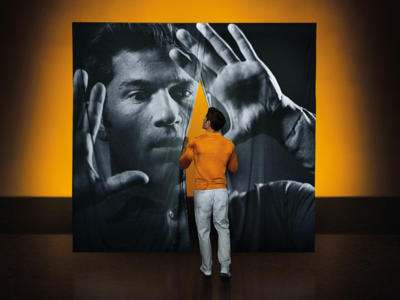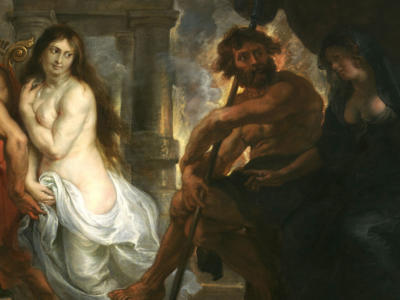Real Life is Elsewhere – The Making of ENO’s Orphée
Our production of Orphée has entered rehearsals in the last week of September 2019, but for director Netia Jones it has been a long term project. Orphée is being created in association with Lightmap, Netia’s creative and technical studio, who have been producing ‘Real Life is Elsewhere’, a blog keeping record of the artistic development of ENO’s upcoming multimedia spectacle.
On Jean Cocteau
On Philip Glass
On Film
On Translation
On Set Design
On Animation
On Costume Design
Director’s Notes
On Jean Cocteau
“I am a lie that always speaks the truth” Jean Cocteau
One of the earliest ‘multimedia’ artists, every aspect of Cocteau’s work is autobiographical and self-reflective, with each work referencing all the others – he was an artist who was mesmerized by himself. Both modernist and neo-classicist, Cocteau was a magpie who would happily steal from the inventions of others, and take influence from one movement to another, without being integrated into any.
Cocteau exploited every art form as a way of exploring poetry, and his work has an unmistakeable personality in any medium. He is a distinctive artist whose life was his work, and whose embrace of a multilayered, multifaceted, multimedia approach to art opened the way to many practitioners following suit.
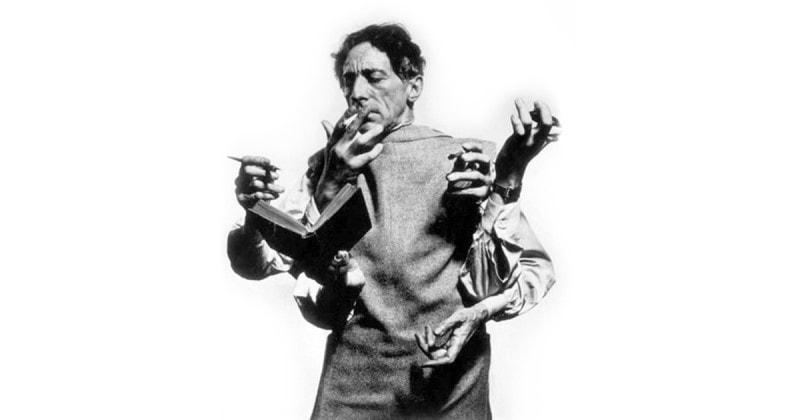
On Philip Glass
“I was deconstructing the film with the music” Philip Glass
Philip Glass has a unique and imaginative relationship with film. Orphée is one of a trilogy of works that explores the relationship between film and live music – Les Enfants Terribles is a danced chamber opera based on the Cocteau novel of 1929 which was made into a film in 1950 by Jean-Pierre Melville, and La Belle et La Bête is a “live dub” opera for ensemble and film, set directly to the 1946 film by Cocteau.
In creating an opera out of the film Orphée, Glass has created another mirror to a work that reflects in multiple directions. Using the film script almost verbatim, with just one or two cuts or omissions, Glass’s score changes the piece completely while leaving it exactly the same. Glass casts a different light on the relationships between the characters, whilst bringing his own experiences into the hugely autobiographical work of another artist.
On Film
“It is much less a film than it is myself” Jean Cocteau
Orphée is the second film in a trilogy which includes Cocteau’s 1930 Le Sang d’un Poète and the 1960 Testament d’Orphée, Cocteau’s final film. Cocteau’s techniques on all three films, which we have adopted for this performance, mix the latest technologies with very simple and basic methods, often because Cocteau was improvising with whatever materials he had to hand.
“The three basic themes in Orphée are:
1. The successive deaths through which a poet must pass before he becomes, in that admirable line from Mallarmé, tel qu’en lui-même – changed into himself at last by eternity.
2. The theme of immortality: the person who represents Orphée’s Death sacrifices herself and abolished herself to make the poet immortal.
3. Mirrors: we watch ourselves grow old in mirrors. They bring us closer to death.” Jean Cocteau
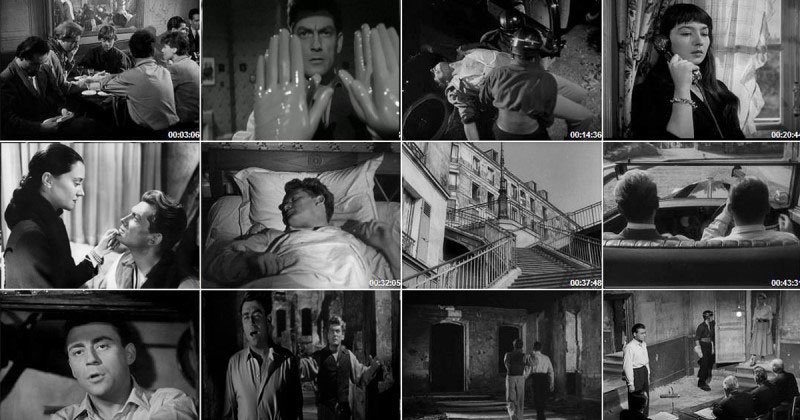
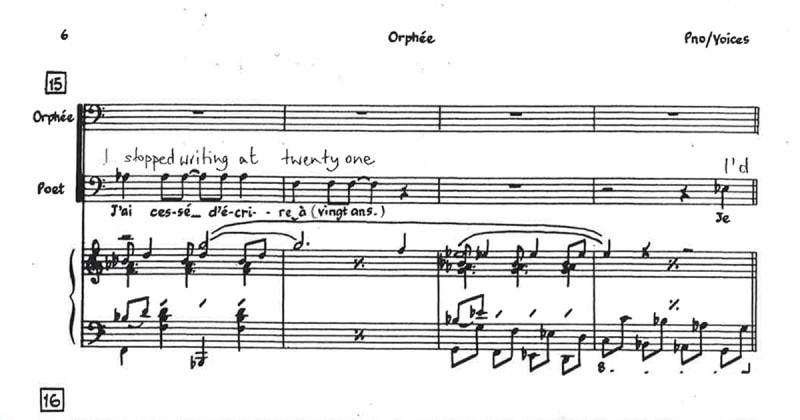
On Translation
“The poet doesn’t invent. He listens.” Jean Cocteau
This production of Orphée is not a relocation of the original setting but a reflection on the multiple mirrors of the piece itself. We have avoided overtly English colloquialisms or anything that either dates or updates the piece – the translation is as neutral as possible.
The film script has been translated by Philip Glass into music, and the responsibility of the translator is as much to the composer as to the writer. The rhythm, sound, stress and dynamic of the setting of a word or phrase is as important as its meaning, tone or intention. An intensely time-consuming and pernickety task, working with co-translator Emma Jenkins has been brilliant, as we throw possible phrases across the desk at each other, looking for Derrida’s definition of the most ‘relevant translation’.
Read the full article on translation
On Set Design
“A cinema studio is a factory for making ghosts. The cinema is a ghost language that has to be learned. It is incredible for a poet to know this.” Jean Cocteau
The set design for Orphée, by Lizzie Clachan, takes inspiration from the film Testament d’Orphée, made by Cocteau in 1960, ten years after the filming of “Orphée”. In “Testament”, his last ever film, Cocteau takes various random props from the original film – a table, a chair, a doorway – and sets them up in a large, vacant film studio. The mechanics of film-making; lights, cameras, cables and ladders, are part of the setting. Actors from the film reappear and the act of film making itself is put on trial.
The set plays with ideas of the empty “frame” so beloved by Cocteau, and the rectangles and frame-making of cinema screens. With references to the original play of Orphée by Cocteau and other operas by Glass, the set also reflects on these ideas of a multiple mirror, or self-reference, the endless quotations and duplicates which mark Cocteau’s work.
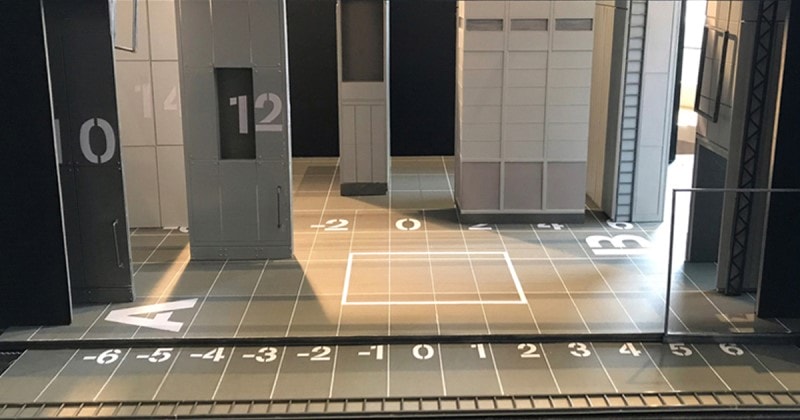
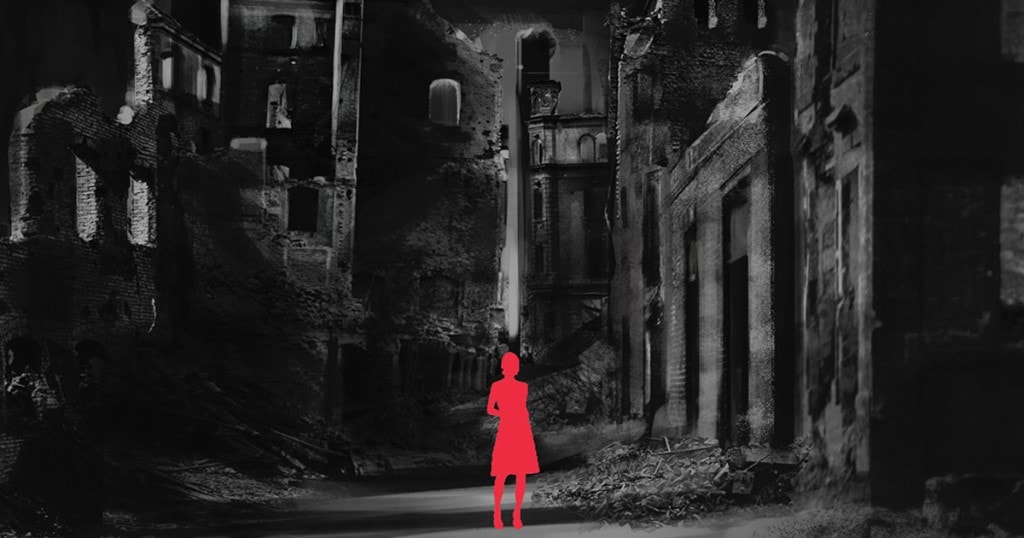
On Animation
“Art is a marriage of the conscious and the unconscious.” Jean Cocteau
For Orphée the Lightmap animation team (Qian Shi, Qian Han, Mohit Varde, Max Behrens and Moira Lam) are creating 2D drawn animations using the work of Cocteau, and a 3D animated environment for the underworld. The animated content is woven in to the live and prefilmed projections. The processes of animation involve environment creation and painting, lighting, light-mapping and finally movement through space, a long and detailed weeks long preparation for a few minutes of content…
On Costume Design
“Fashion is what goes out of style” Jean Cocteau
Fashion was central to the world of Jean Cocteau. The costume design in his films and plays merged closely with the world of fashion. Styling and design are a key part of the film Orphée, where each character is as immaculately dressed as Cocteau himself.
In this production we have reflected on the close friendships between Cocteau and Coco Chanel (who designed costumes for productions by him and remained a close friend for life), and Elsa Schiaparelli, the innovative and eccentric Italian designer and Cocteau’s close collaborator. These two extraordinary women of fashion also famously hated each other: Chanel derided Schiaparelli’s affection for lurid pink, while Schiaparelli dismissed the greatly more successful and affluent Chanel as ‘the woman who makes hats’.
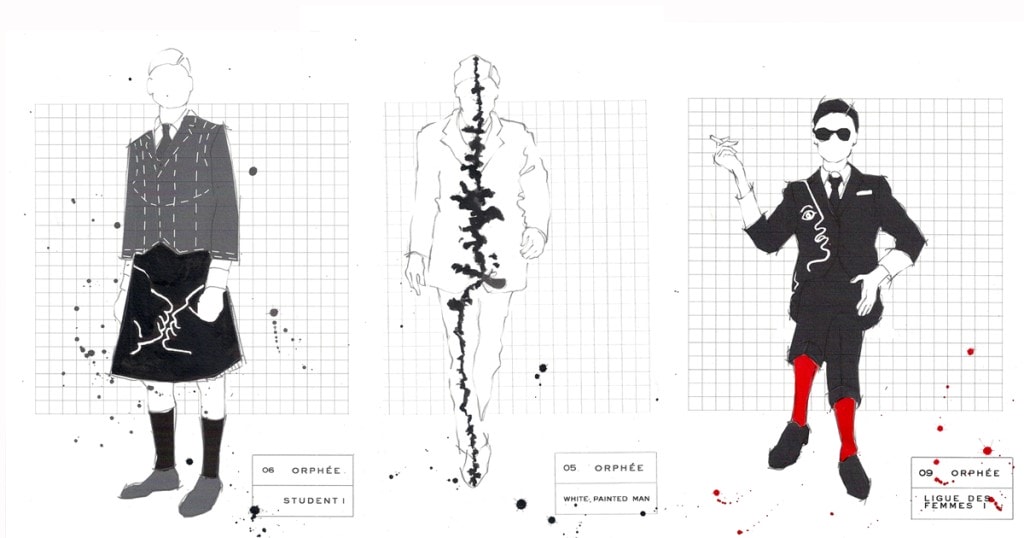
Director's Notes
“A beautiful book is one that plants an abundance of question marks” Jean Cocteau
Ideas for this production of Philip Glass’ Orphée all refer to three quotes by the poet/film director Jean Cocteau;
- “A film is a frozen fountain of thought, a film brings the dead back to life, a film brings the appearance of reality to the unreal”
The staging explores the visual mechanics of film-making and the poetic possibilities of film techniques – time can stop or go backwards, a person or an event can be seen from multiple perspectives, in extreme close up or broad landscape, and film can trick and lie, defy death and create a kind of immortality. From opening up-beat to closing note the set is in constant motion, and the projection follows the moving set.
- “It is much less a film than it is myself”
The opera is like a hall of mirrors or multiple reflective surfaces – it is based on a film, which itself drew inspiration from the whole history of opera. The film reflects on the film-maker and the opera also draws on aspects of the composers life.
- “Cinema is the form of modern writing whose ink is light”
Darkness and light are central to the visual narrative of the production, where light and projected light are the key storytelling tools. The production is modern but not set in any particular period, drawing on the stylistic awareness of Jean Cocteau, the imagery of the film trilogy and the effect that Cocteau’s work had on the young Philip Glass, arriving in Paris in 1954.
Read the full director’s notes
Real Life is Elsewhere is written by Netia Jones, the Director, Costume Designer, Translator and Video Designer for Orphée.

